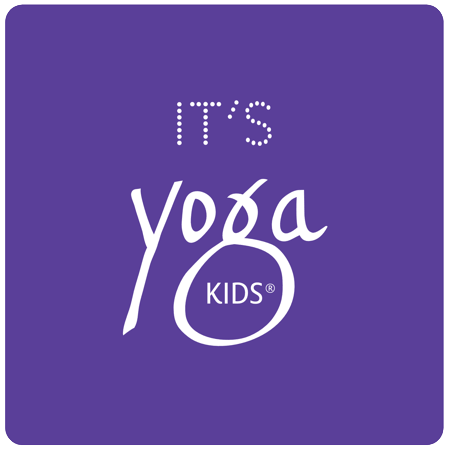Press PLAY to listen to this post.
Sometimes your joy is the source of your smile, but sometimes your smile can be the source of your joy. - THICH NHAT HANH
It’s the time of year when we’re encouraged to express (or at least think about) gratitude. The feeling of appreciation by a recipient of another's kindness can be an “affective trait” (one's overall tendency to have a grateful disposition) an emotion (a more temporary feeling of gratitude that one may feel after receiving a gift or a favor from another) or a mood (daily fluctuations in overall gratitude).
Being grateful every day — not just at Thanksgiving — is better for your health. Studies show regular gratitude practice yields these benefits:
- Mental health: thankfulness leads to lower levels of stress, depression, and anxiety
- Physical health: fewer aches and pains and generally feeling healthier than those who don’t practice gratitude
- Better sleep: Positive thoughts before bed can lead to a more restful sleep
- Stronger relationships: appreciation helps you and those around you feel better
- Career satisfaction: better professional cohesion and performance
- Builds resilience: transforms negativity and emotional setbacks
It’s as easy as 1-2-3 to practice gratitude. Here’s how:
- Notice good things, look for them, appreciate them
- Savor, absorb, and really pay attention to those good things - hold them tight
- Express your gratitude to yourself, write it down, or thank someone
Make a list of 7 things every day before bed. Good things! Then track how you feel over time. Let me know how it goes. And get warrior training to wiggle your toes.

